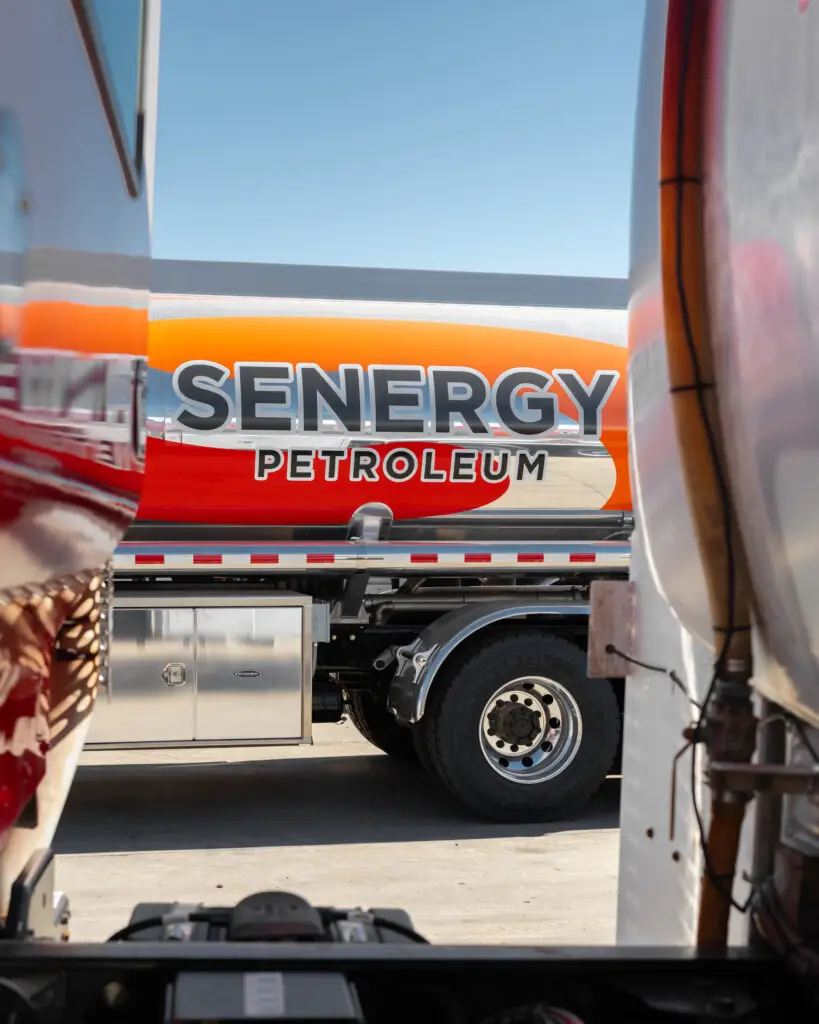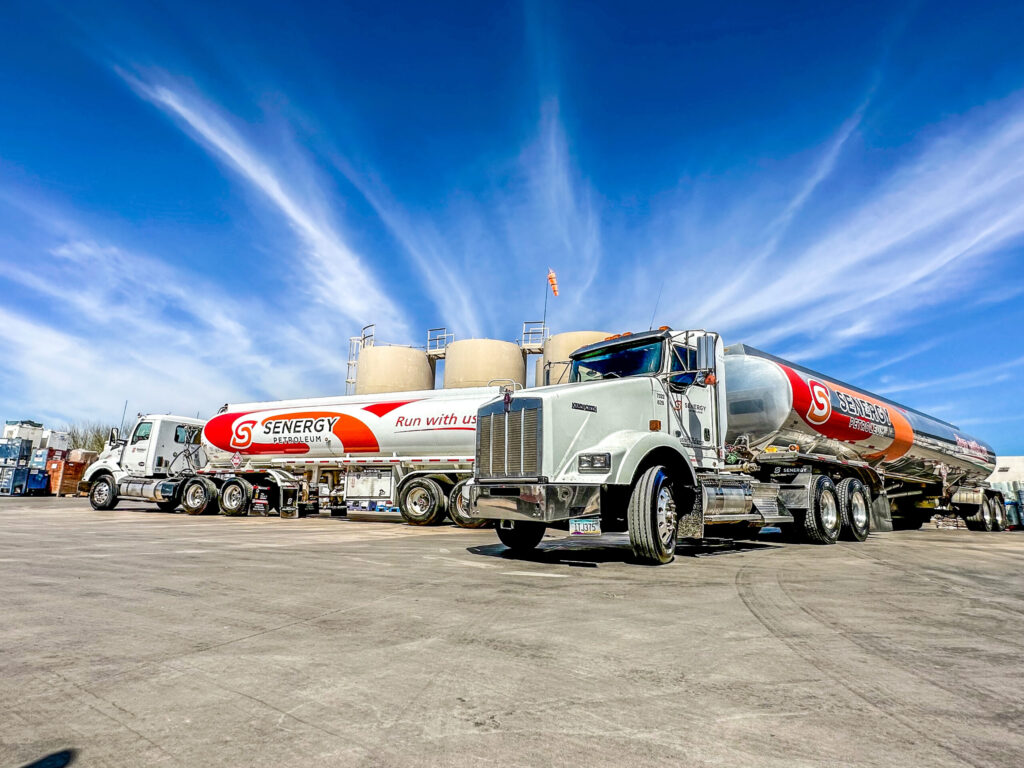One of the biggest dilemmas is deciding between biodiesel and diesel for trucking and heavy equipment.
Diesel fuel has been the primary fuel for diesel engines for decades. For diesel engine owners, the question remains: Is biodiesel better, or is regular diesel the superior choice? And will biodiesel impact the performance or longevity of diesel engines? The answer depends on understanding the advantages and disadvantages of these fuels and how they affect machine and equipment efficiency.





